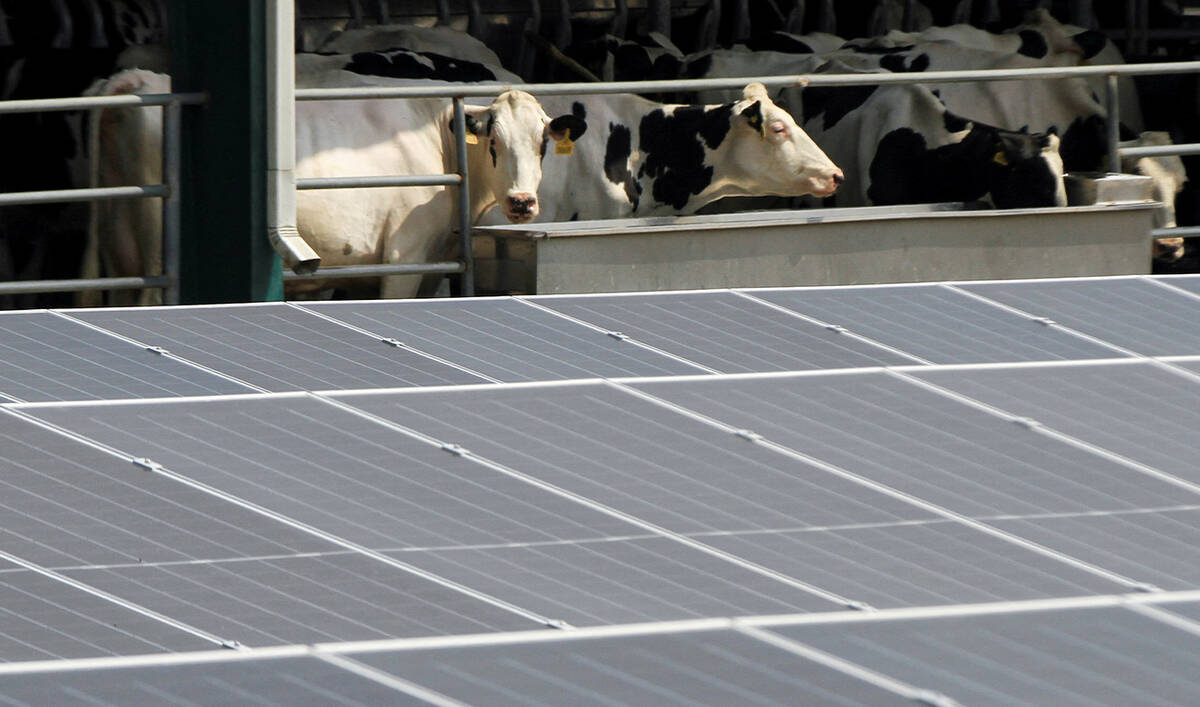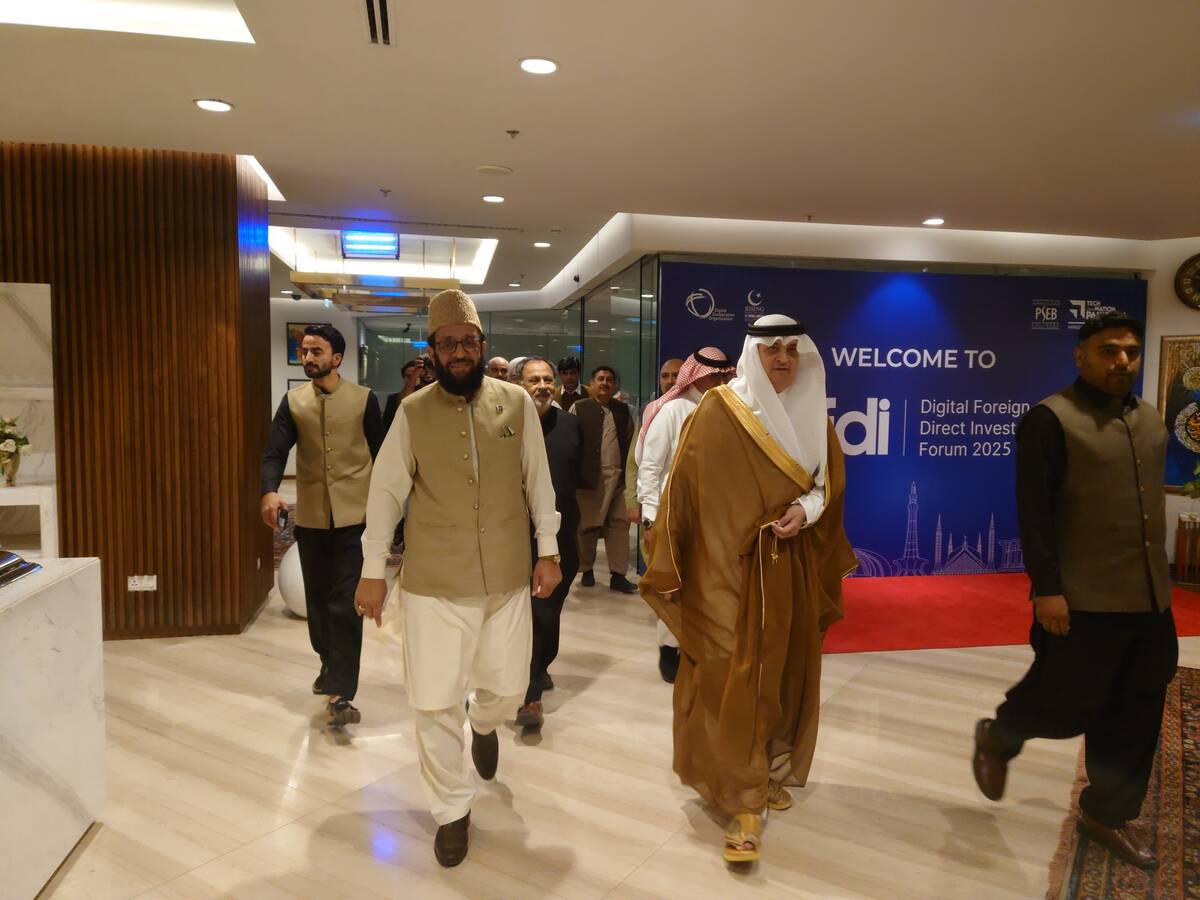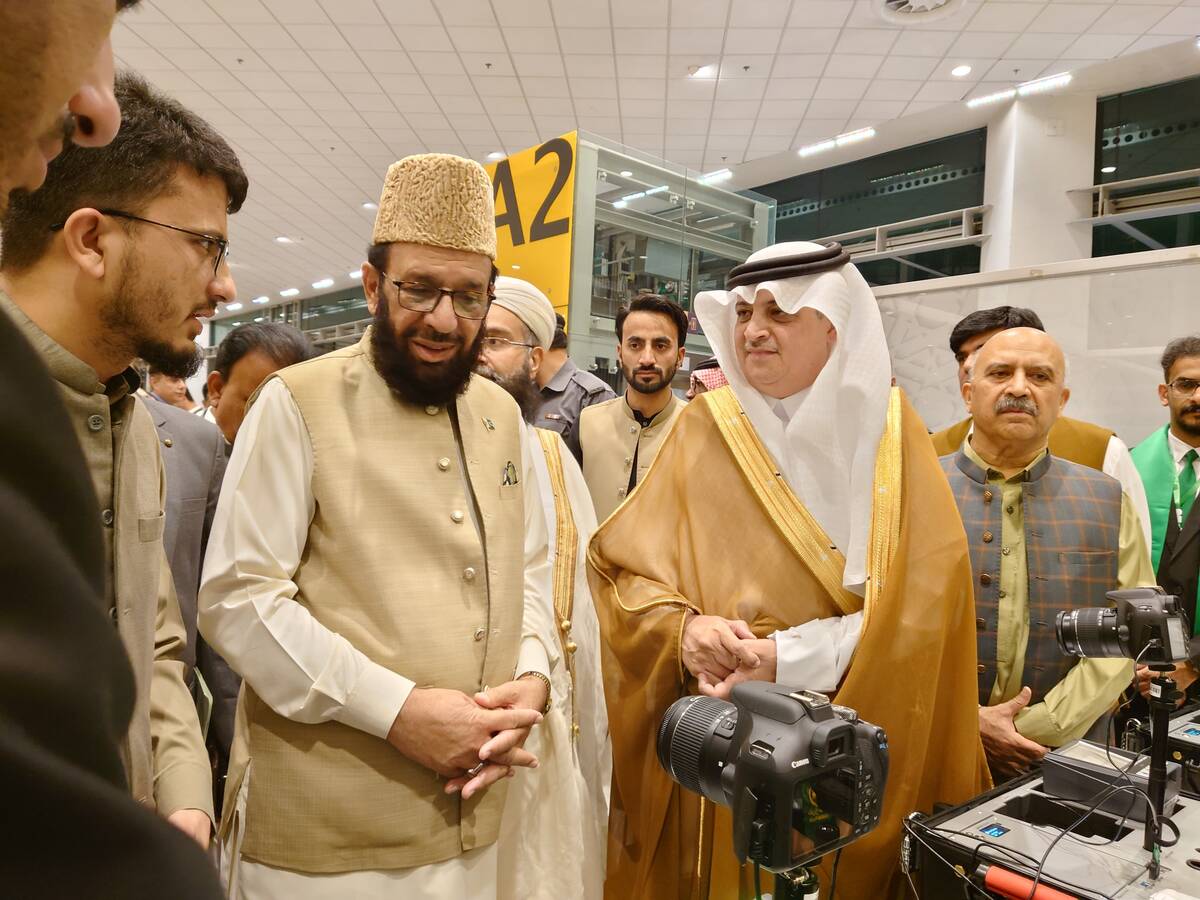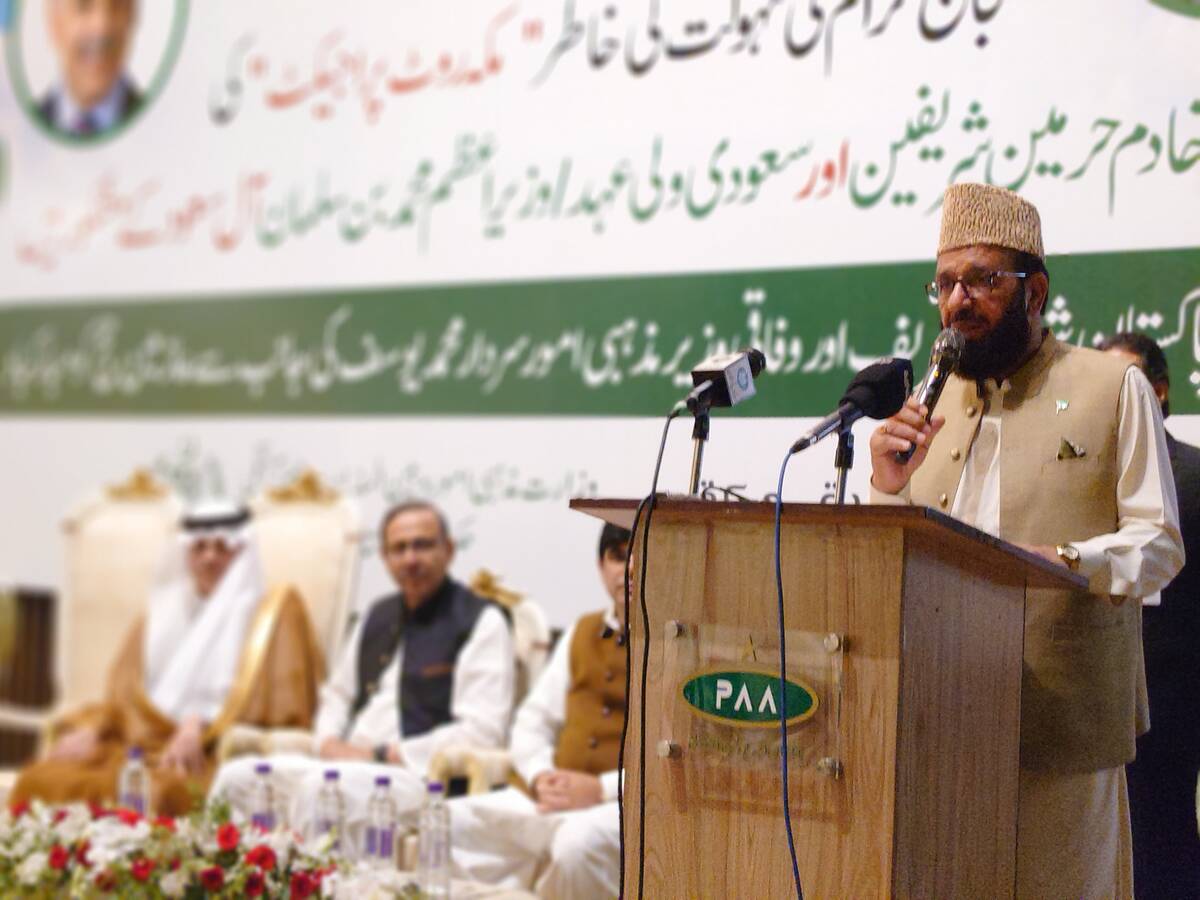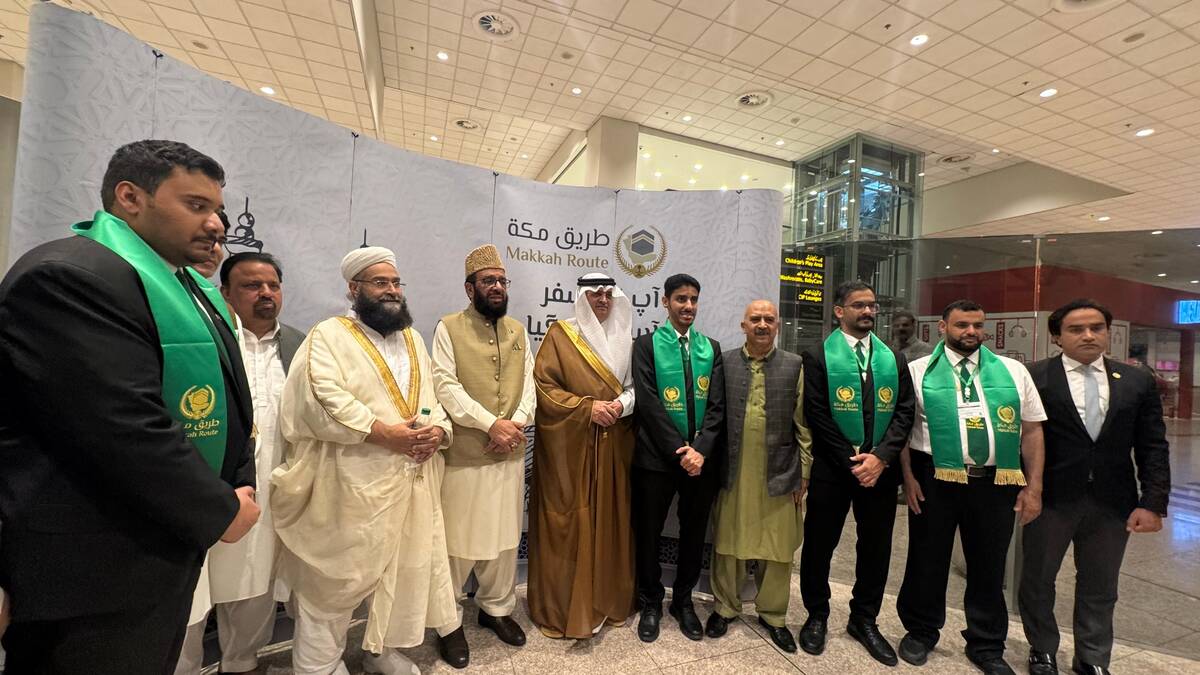ISLAMABAD: Last summer’s flooding in Pakistan killed at least 1,700 people, destroyed millions of homes, wiped out swathes of farmland, and caused billions of dollars in economic losses. All in a matter of months. At one point, a third of the country was underwater. Pakistani officials and scientists worldwide blame climate change for the unusually early and heavy monsoon rains.
A year on, the country hasn’t fully recovered. The aftermath runs the length of the country; survivors living in makeshift huts where their homes used to be, millions of children out of school, damaged infrastructure waiting to be repaired.
This journey through Pakistan looks at how the unprecedented flooding of 2022 affected everyday life — and future generations.
RESTORING WATER
The high altitudes and sharp peaks of the Hindu Kush Mountains mean that heavy rains barrel down through the northwest province of Khyber Pakhtunkhwa. That’s good because the waters quickly drain to lower lying areas. But it’s bad because of the damage they wreak along the way.
Last summer’s raging floods were so powerful that some rivers changed course. They wrecked more than 800 drinking water supply systems across nearly half of the province’s 34 districts, damaging pipelines, supply mains, storage tanks and wells.
Residents living by stagnant water were forced to rely on contaminated water for drinking. Health care teams started receiving thousands of patients with diseases like dengue, malaria, acute diarrhea, cholera and skin infections.
Authorities are taking some steps to prepare for the next disaster. They have installed an early warning system on seven of the major rivers and a monsoon contingency plan. Embankments were strengthened last year ahead of the flooding and riverbanks breached by floods have been repaired and reinforced.
LUCKY BREAK FOR AGRICULTURE
It wasn’t the flooding that nearly killed 80-year-old Razia Bibi and her family, it was the hunger.
The floods washed away the wheat they’d stored for the whole year in their home in Rojhan, Rajanpur district. Then they had to wait for weeks, scrounging for food, before supplies arrived from the government and aid groups.
Across Punjab, stores of grain were wiped out along with at least a half-million acres of crops and orchards.
Then relief came, mostly by luck rather than preparation.
Authorities installed pumps that got rid of some of the water, but most of it drained on its own, some flowing down into Sindh province, some spreading into deserted, open areas.
Waters receded in time for Punjab farmers to do the October sowing season and the result was a bumper crop. But the risk remains for future disasters.
LEFT WITHOUT SCHOOLS
Situated downstream from Pakistan’s other provinces, Sindh suffered a heavy blow from last year’s flooding and has been slow to recover.
Around half of Sindh’s 40,356 schools were either fully or partially damaged, affecting 2.3 million of its 4.5 million students, according to local education official Abdul Qadeer Ansari.
So far, only around 2,000 schools are being rebuilt. Ansari estimates reconstruction will take at least two years, with the new schools intended to be climate resistant.
In the village of Maskran Brohi, 115 students take classes in a temporary learning center in a tent. The 72-square-meter tent has no electricity, so it has neither lights nor fans. There are also no toilets and no clean water.
The only teacher, Zarina Bibi, doesn’t see most of the 87 kids she taught before the flooding — families scattered when the floods came — and rain flattened the roof and walls of the single-room primary school she used to teach in.
STARVED FOR ENERGY
Pakistan’s biggest province is also its most energy-starved.
Outside cities like Quetta and Gwadar, there is almost no central electricity. The largely rural population is scattered over the mountainous landscape, crippled by an entrenched feudal system, under-development and neglect by the local and central government.
Much of Baluchistan’s population relies on solar panels.
They faced losing what little they had in last year’s flooding. Even those fortunate enough to have access to central electricity suffered as the floods destroyed 81 grid stations and downed power lines.
Many lost their solar panels, and local authorities haven’t distributed replacements.
Muhammad Ibrahim, a 32-year-old father of five, managed to save his panel from his roof. Still homeless a year later, he uses it in the tent camp where he lives in Sohbat Pur district.
“It is so hot. We use solar panels to run fans to get some cool air,” he said. “Otherwise living in these tents is not possible.”
He doesn’t feel prepared for the next major flood.
“We’re scared of what will happen. But if it comes, we will run far away.”









